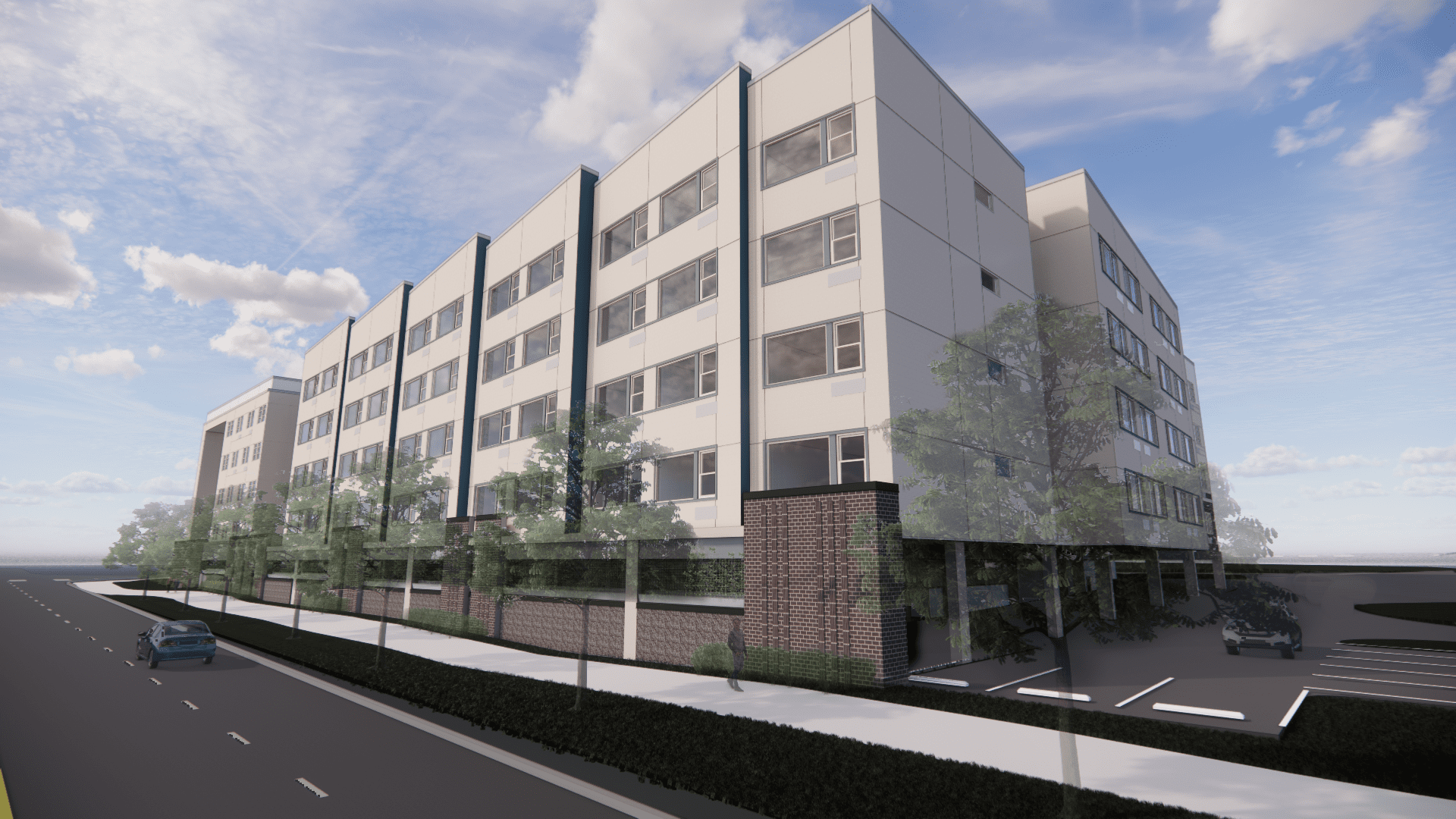The Affordable Housing Tax Credit Coalition (AHTCC) is applauding the introduction of legislation in the U.S. House and Senate today that would expand and strengthen the Low-Income Housing Tax Credit (Housing Credit) — the nation’s primary tool for financing the development and preservation of affordable rental housing — and finance nearly 2 million affordable rental homes in the next decade than otherwise possible.
The Affordable Housing Credit Improvement Act (AHCIA) of 2023 is being introduced today with bipartisan co-sponsors in both chambers of Congress at a time when the shortage of affordable housing across the country has reached historic levels. The AHCIA of 2023 was introduced in the Senate by Sens. Maria Cantwell (D-WA), Todd Young (R-IN), Ron Wyden (D-OR) and Marsha Blackburn (R-TN); and in the House by Reps. Darin LaHood (R-IL), Suzan DelBene (D-WA), Brad Wenstrup (R-OH), Don Beyer (D-VA), Claudia Tenney (R-NY) and Jimmy Panetta (D-CA). In addition to these lead sponsors, the House version of the legislation has more than 60 bipartisan original co-sponsors. The previous version of the AHCIA earned the bipartisan support of nearly half of the 117th Congress.
“Since the Affordable Housing Credit Improvement Act was first introduced in 2016, the affordable housing crisis has only worsened, and the need to take action on affordable housing is urgent,” said AHTCC Chief Executive Officer Emily Cadik. “This important legislation will finance nearly two million homes nationwide at a time when rents are skyrocketing, even in many places once considered affordable. We applaud the leadership of the AHCIA’s bipartisan co-sponsors and urge Congress to finally enact these bipartisan proposals this year.”
“The housing credit is a proven tool that has leveraged public resources and private sector investment and oversight to finance nearly all new affordable housing produced and preserved in our country – over 3.7 million affordable homes since inception,” said Ryan Sfreddo, president of the AHTCC Board of Directors and president of Red Stone Equity Partners. “The AHCIA will allow us to provide even more desperately-needed affordable homes to working families, seniors, veterans, rural communities, Native Americans and people with disabilities in communities across the country.”
The AHCIA of 2023 builds on prior versions of the AHCIA that have earned widespread bipartisan support since first introduced in 2016. Several key pieces of this legislation have been enacted, including a provision that would make the Housing Credit more compatible with energy and solar tax credits in 2022, a minimum 4 percent housing credit rate in 2020, and a temporary 12.5 percent housing credit allocation increase and a flexibility known as income averaging in 2018. However, the key provisions that would have the greatest impact on affordable housing production are still in need of enactment.
The temporary 12.5 percent housing credit allocation increase enacted in 2018 expired at the end of 2021, meaning there is currently a cut to our nation’s primary affordable housing tool. An increase to the housing credit allocation is urgently needed. A proposal to lower the private activity bond financing threshold – a requirement that roughly half of housing credit developments must meet in order to access housing credits – would also unlock substantial resources for additional affordable housing production. The legislation would also provide states with additional flexibilities, streamline program rules, and make the housing credit more efficient in hard-to-reach rural and Native American communities.









